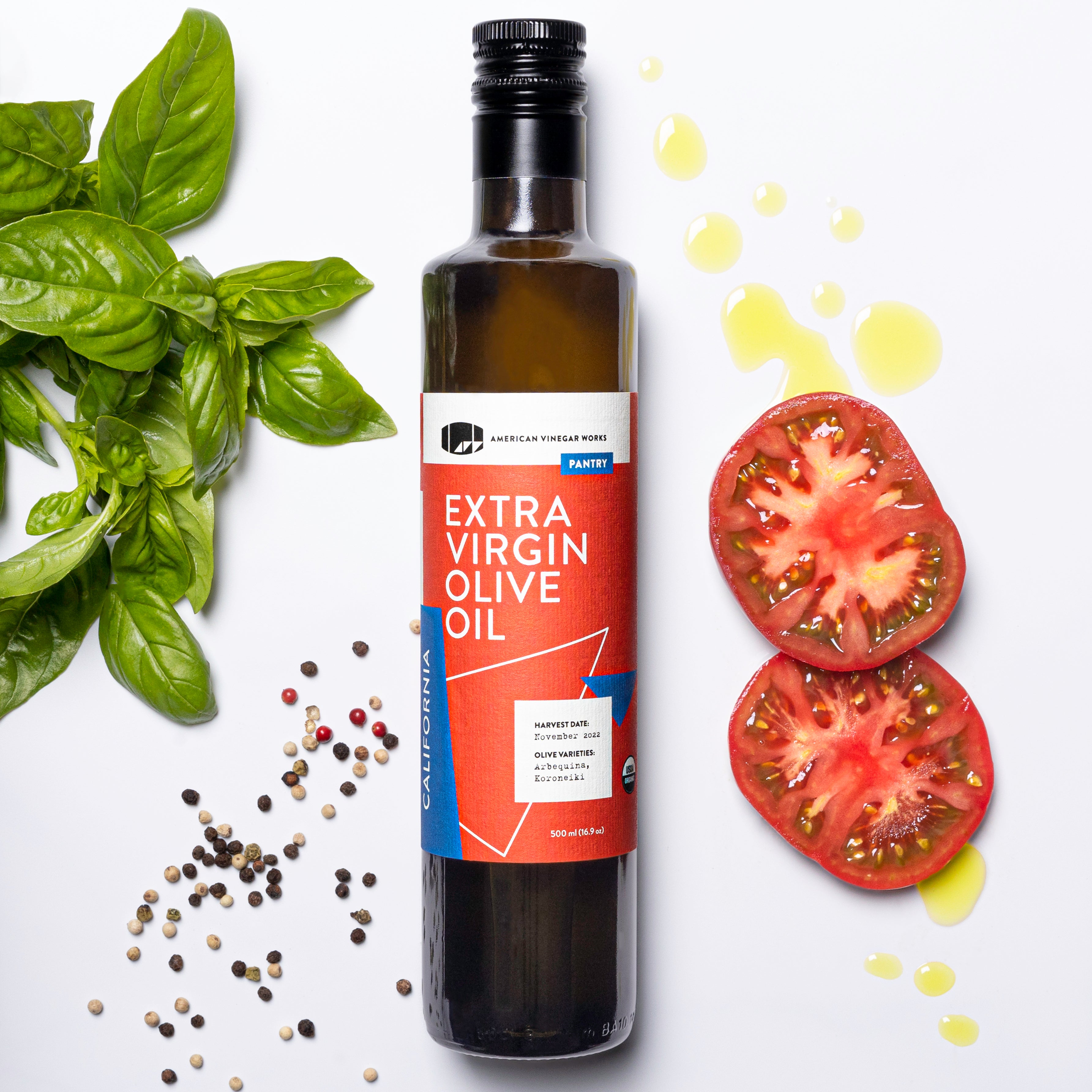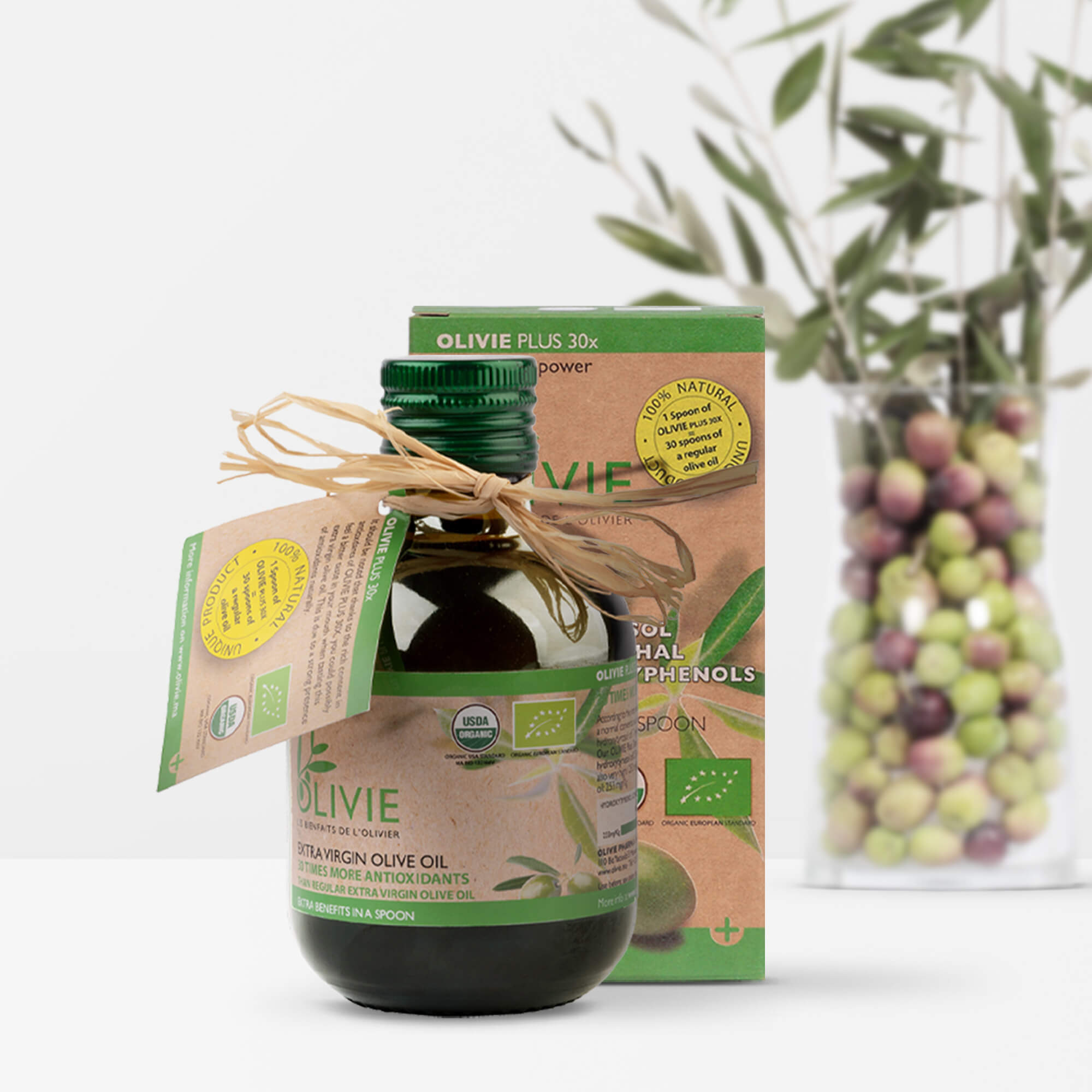Unlock the Hidden Extra Virgin Olive Oil Benefits for Weight Loss
Unlock the Hidden Extra Virgin Olive Oil Benefits for Weight Loss
Blog Article
Discovering the Various Sorts Of Olive Oil and Their Uses, Consisting Of Bonus Virgin Olive Oil
The expedition of olive oil encompasses a diverse array of kinds, each offering distinctive flavors and cooking applications. Additional virgin olive oil, renowned for its superior top quality and health and wellness advantages, serves as a staple in many kitchen areas, yet it is just one element of this complex ingredient.
What Is Olive Oil?
Originated from the fruit of the olive tree, olive oil is a staple in Mediterranean cuisine and a key ingredient in different cooking applications. This functional oil is produced by pushing entire olives, resulting in a liquid that differs in flavor, aroma, and shade relying on the sort of olives used, the region of growing, and the extraction process. Olive oil is mainly made up of monounsaturated fats, specifically oleic acid, which is recognized for its possible wellness advantages, consisting of anti-inflammatory homes and cardio assistance.
In enhancement to its cooking usages, olive oil has a lengthy history of application in standard medicine and skincare, owing to its rich antioxidant content (extra virgin olive oil benefits). The oil is often made use of in dressings, marinades, and for cooking methods such as sautéing and roasting. Its distinctive taste profile can enhance the preference of various meals, making it a necessary active ingredient for both home cooks and expert chefs
Furthermore, olive oil is celebrated for its function in the Mediterranean diet, which is associated with countless wellness advantages. As recognition of these benefits expands, olive oil continues to gain appeal worldwide as a basic element of a healthy and balanced way of living.
Sorts Of Olive Oil
Understanding the numerous kinds of olive oil is important for both health-conscious consumers and cooking lovers. Olive oil is classified mostly based upon its extraction approach and high quality, which significantly impacts its health, scent, and taste advantages.

Light olive oil, regardless of its name, describes a lighter flavor and not lower calories. It is ideal for those looking for an extra subtle preference in marinates and dressings. Furthermore, there are flavorful olive oils instilled with herbs, spices, or citrus, which can boost recipes without the requirement for extra flavoring.
Each type of olive oil serves details culinary objectives, and recognizing these distinctions enables consumers to make enlightened choices that straighten with their food preparation designs and health objectives.
Additional Virgin Olive Oil
Bonus virgin olive oil (EVOO) is commonly considered the best quality olive oil readily available, renowned for its abundant flavor and numerous wellness benefits. To be identified as extra virgin, the oil should be generated from fresh olives using mechanical procedures, without the use of solvents or extreme warm. This meticulous approach preserves the oil's all-natural flavors, anti-oxidants, and healthy and balanced fats, resulting in an item with a low level of acidity level of less than 0.8%.
EVOO is plentiful in monounsaturated fats, see this specifically oleic acid, which is linked to lowered inflammation and improved heart health. It likewise has polyphenols, powerful anti-oxidants that might use protective effects versus persistent diseases. The taste account of EVOO can vary considerably depending upon the olive selection and area of production, ranging from grassy and fruity to robust and peppery.

Culinary Use Olive Oil

In food preparation, olive oil can be utilized for sautéing, toasting, and barbecuing, supplying a much healthier option to butter or other fats. Its high smoke point makes it suitable for numerous cooking techniques, while its antioxidants add to a heart-healthy diet. Drizzling olive oil over finished recipes, such as pasta, fish, or barbequed veggies, can raise flavors and add a touch of elegance.
In addition, olive oil plays a considerable role in baking, where it can replace typical fats in dishes for bread and pastries, imparting dampness and a refined taste. It also works as a base for infused oils, allowing cooks to explore flavors such as garlic, herbs, or chili, further increasing its cooking possibility. In general, olive oil's convenience makes it important in both home and professional cooking areas.
Deciding On Quality Olive Oil
When picking top quality olive oil, it's crucial to consider numerous essential factors that affect the item's wellness, taste, and aroma benefits. Decide for additional virgin olive oil (EVOO), which is acquired from the very first chilly pushing of olives and has the greatest degrees of antioxidants and useful substances. Seek oils that are accredited by acknowledged companies, as this frequently ensures adherence to rigid quality standards.
The packaging likewise plays a substantial duty in preserving the oil's integrity. Select oils stored in dark glass containers or tins to shield versus light degradation. Take note of the harvest date; fresher oils use remarkable flavor and nutritional worth, so choose products that are within 18 months of their harvest.
Be conscious of the preference; an excellent high quality olive oil ought to have a balance of fruity, bitter, and sharp notes, showing its richness and complexity. By evaluating these variables, you can guarantee you are selecting the best olive oil for your cooking demands.
Final Thought
In recap, the expedition of different kinds of olive oil reveals distinctive features and applications, with additional virgin olive oil standing for the peak of quality due to its reduced level of acidity and high antioxidant material. Recognizing the various ranges of olive oil enables for informed options in food preparation methods, promoting much healthier practices while improving the total gastronomic experience.
Obtained from the fruit of the olive tree, olive oil is a staple in Mediterranean food and a key component in numerous culinary applications.The most typical types of olive oil include fine-tuned olive oil, pure olive oil, and light olive oil.Additional virgin olive oil (EVOO) is extensively concerned as the greatest quality olive oil available, well known for its abundant taste and numerous health benefits. Choose for additional virgin olive oil (EVOO), which is obtained from the first chilly pushing of olives and contains the highest levels of anti-oxidants and advantageous compounds.In summary, the expedition of numerous types of olive oil reveals distinct qualities and applications, with extra virgin olive oil representing the pinnacle of high quality due to its reduced level of acidity and high antioxidant web content.
Report this page